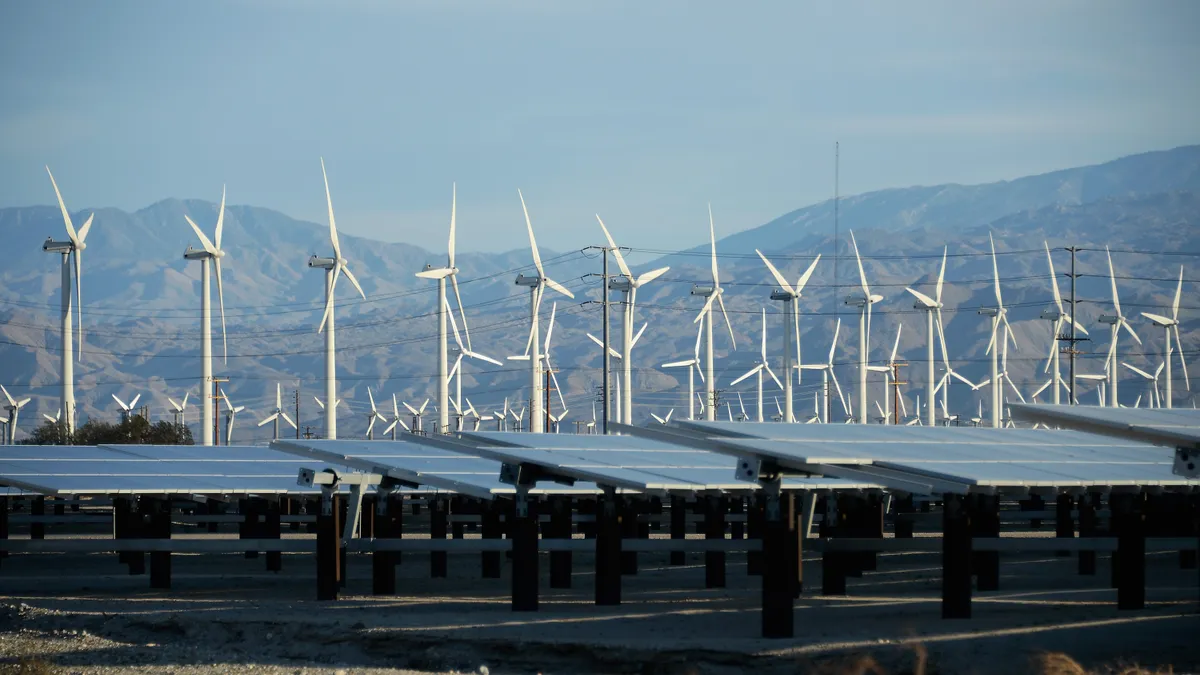Ana Carolina Oliveira is the head of Sustainable Finance at ING Americas. Views are the author's own.
The U.S. is at a crossroads when it comes to environmental, social, and governance (ESG). On one hand, we are looking at the SEC to publicize its verdict with regard to mandatory climate disclosures, and an acceleration of efforts to harmonize reporting standards; on the other, there has been increasing politicization of ESG in the United States.
The economy is still experiencing headwinds from the pandemic, fighting inflation, and averting a potential banking crisis while still trying to prevent recession woes. On top of this economic volatility, ESG has become highly politicized, and sustainable finance has become another topic for discussion in CFO’s agendas. However, despite the overall challenges to traditional and sustainable markets, CFOs continue to be increasingly intertwined in their companies’ sustainability programs, according to a survey of more than 500 corporate finance professionals.

The survey — which was conducted by ING Americas to pinpoint what is top of mind for CFOs this year — found that over a third of respondents said that 30%-50% of their time and focus will be connected to sustainability this year. And larger companies are expecting to spend even more.
Gone are the days when CFOs were mostly occupied with financial figures. As sustainability starts to show up in several parts of the businesses, we now see CFOs having to add climate transition into risk and cash flow projections, recalibrate investment plans for technology shifts and even reassess the composition of their teams as sustainability increasingly makes its way into capitals structures, companies’ performance indicators and executive remuneration.
One large driver of this shift has been that companies have been steadily bringing sustainability next to their business’s strategies, adopting net zero goals and forecasting for a future where climate adaptation measures will be a must have.
Deep emission reductions and systematic decarbonization of the economy requires not just intent, but also a huge capital investment. That is why the finance industry has such a major role to play, by financing and advising clients committed to progress on their sustainability commitments, while acting, lending and/or investing responsibly.
By an overwhelming margin (81%), survey respondents indicated plans to increase investment in climate transition and net zero, with 82% saying they would likely invest in energy efficiency, followed by 75% in renewables and 69% in climate adaptation measures.
Public/Private Finance Partnership are Necessities
But CFOs’ task of securing a substantial amount of funding is not straightforward. They need access to different layers of capital to be able to fund those investments ranging from riskier climate transition technology shifts to operational improvements through energy efficiency gains — hence both private and public sectors have a role to play.
On the private front, transition financing options that help companies reduce their carbon footprint could also help foster a market for low(er) carbon products and services. Issuers, banks, investors and consumers that share common environmental aspirations can work together in delivering, and making it economical and scalable, solutions that will accelerate the decarbonization process that’s needed globally.
Sustainable finance products, such as green bonds and green loans, for example, provide one such link between the financing needs for sustainability and the capital availability for the energy transition with recent updated guidance of such voluntary markets reinforcing the contribution of this financing to an issuer’s transition strategy.
On a global scale, however, the industry requires an array of sustainable finance solutions to support the various needs of companies working towards lower-carbon commitments.
In the public sector, perhaps unsurprisingly, policy is a great driver in the climate transition space, as we witnessed from the increased optimism from clean energy producers on the back of last year’s Inflation Reduction Act alone.
And the IRA was also a huge driver for financial professionals’ interest according to the survey, with 96% of those surveyed saying it will influence their plans for capital allocation — just over half labeled it a ‘significant’ driver of plans — and 78% saying they are likely to invest more in clean tech this year than in previous years.
U.S. policy can have a global impact, with the White House’s new climate approach triggering ripple effects in unlocking private investments in the US and climate support plans across the pond. The world could certainly benefit from a climate finance race, including more abundant and economical sources of (green) capital, new and harmonized sustainability disclosures for proper measurement of progress and the strategic mobilization and exportation of clean technologies.
As for what it is top of mind of CFO’s in 2023, the ongoing balancing of ambition of sustainability targets and access to different layers of capital, including green debt, in a way that is impactful and achievable is still very present. CFOs now need to balance these growth initiatives alongside traditional financial performance and data.
Which is why it is inspiring to see that despite the volatility in the financial markets and ongoing debate about ESG disclosure, only 1% of executives surveyed plan to invest less in climate transition and net zero ambitions or ESG in 2023 than in less volatile times.



















